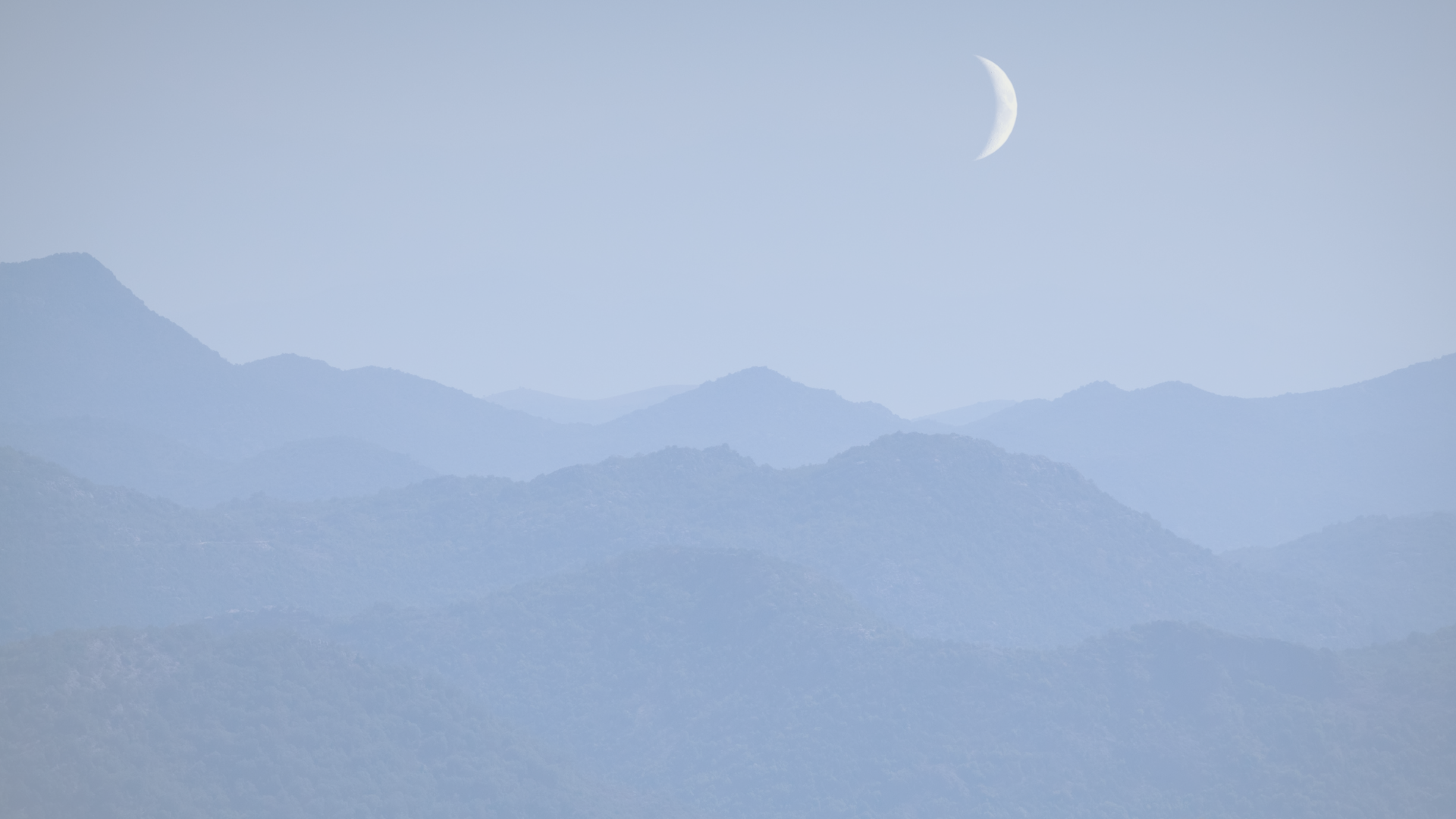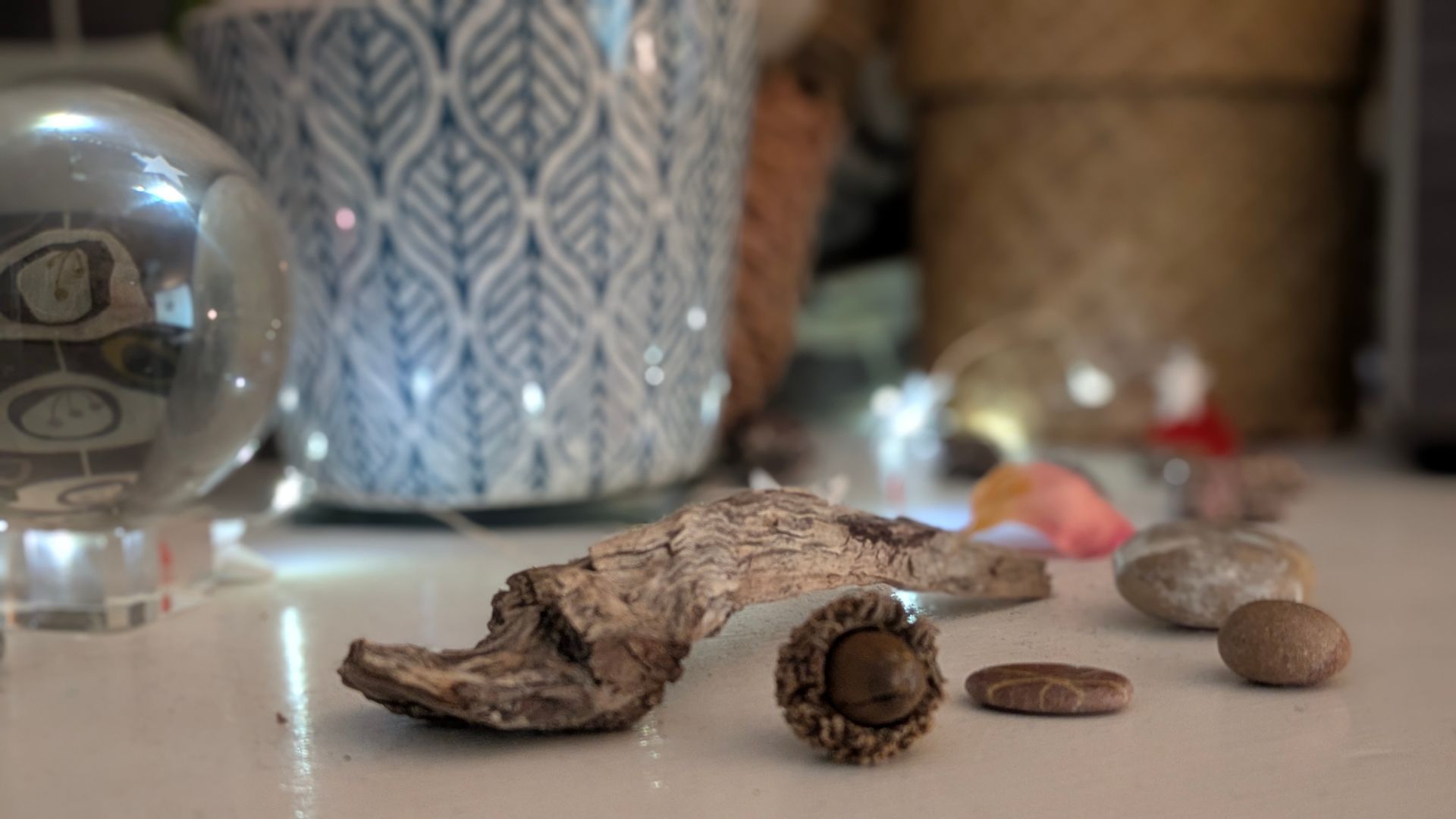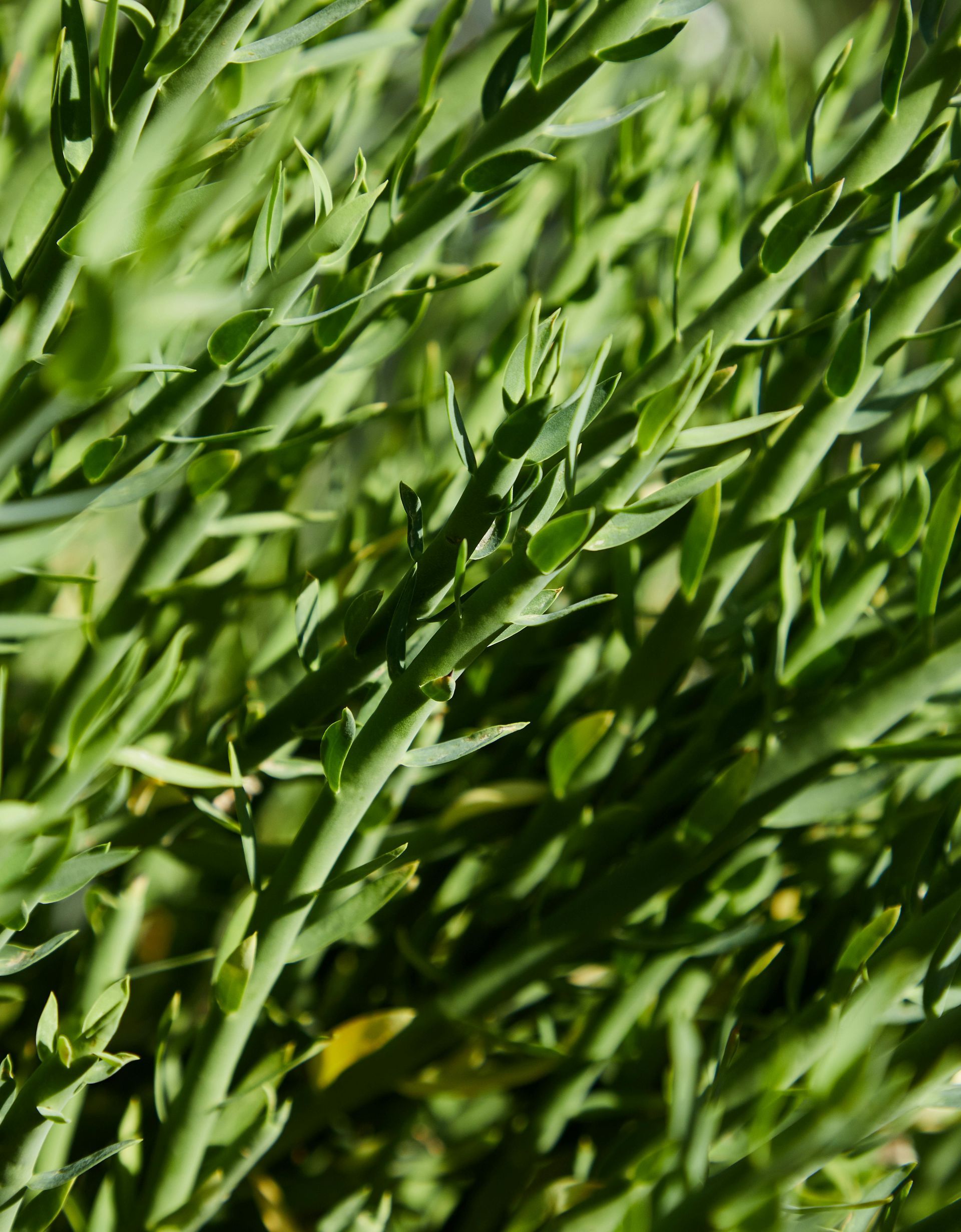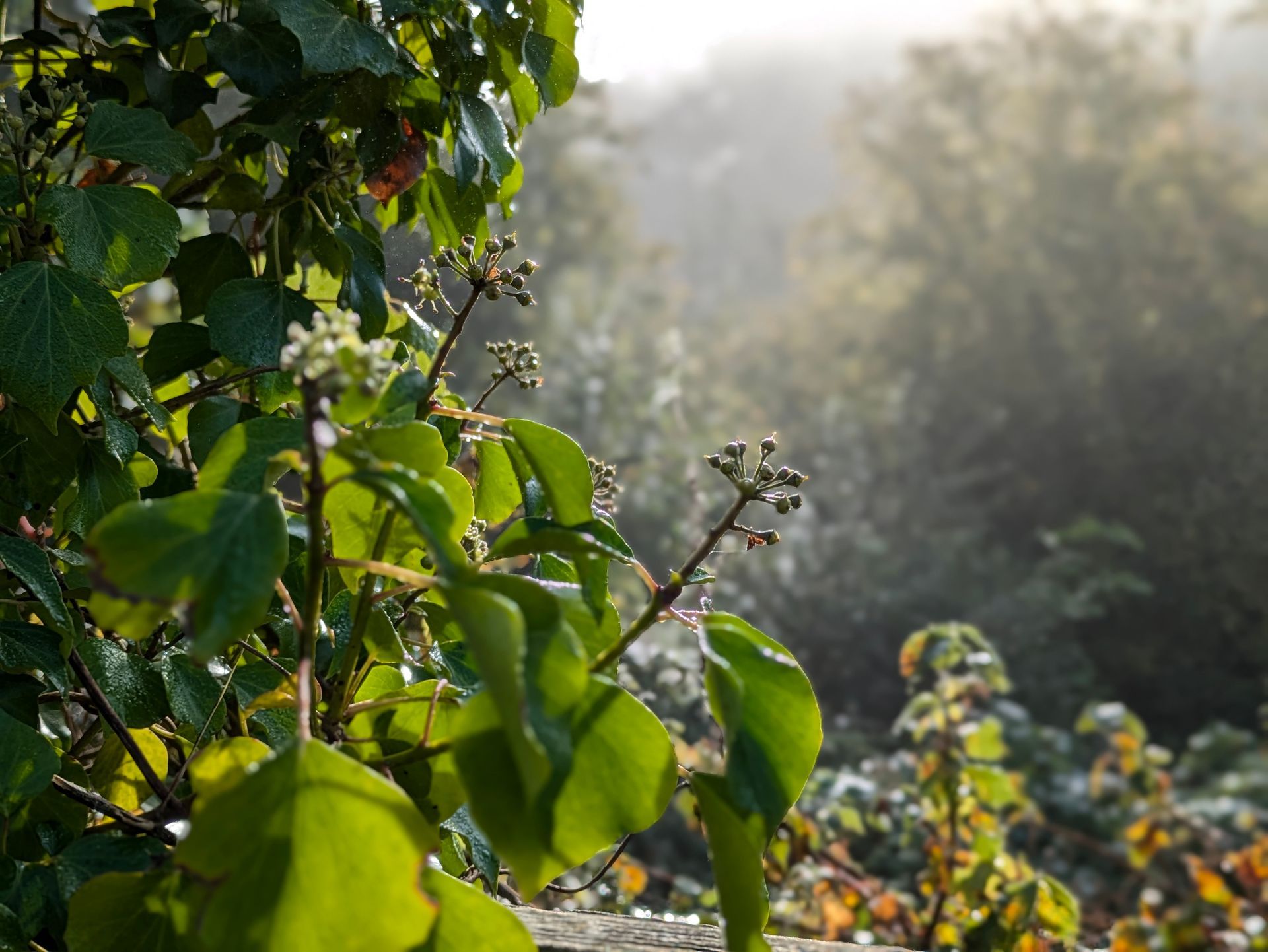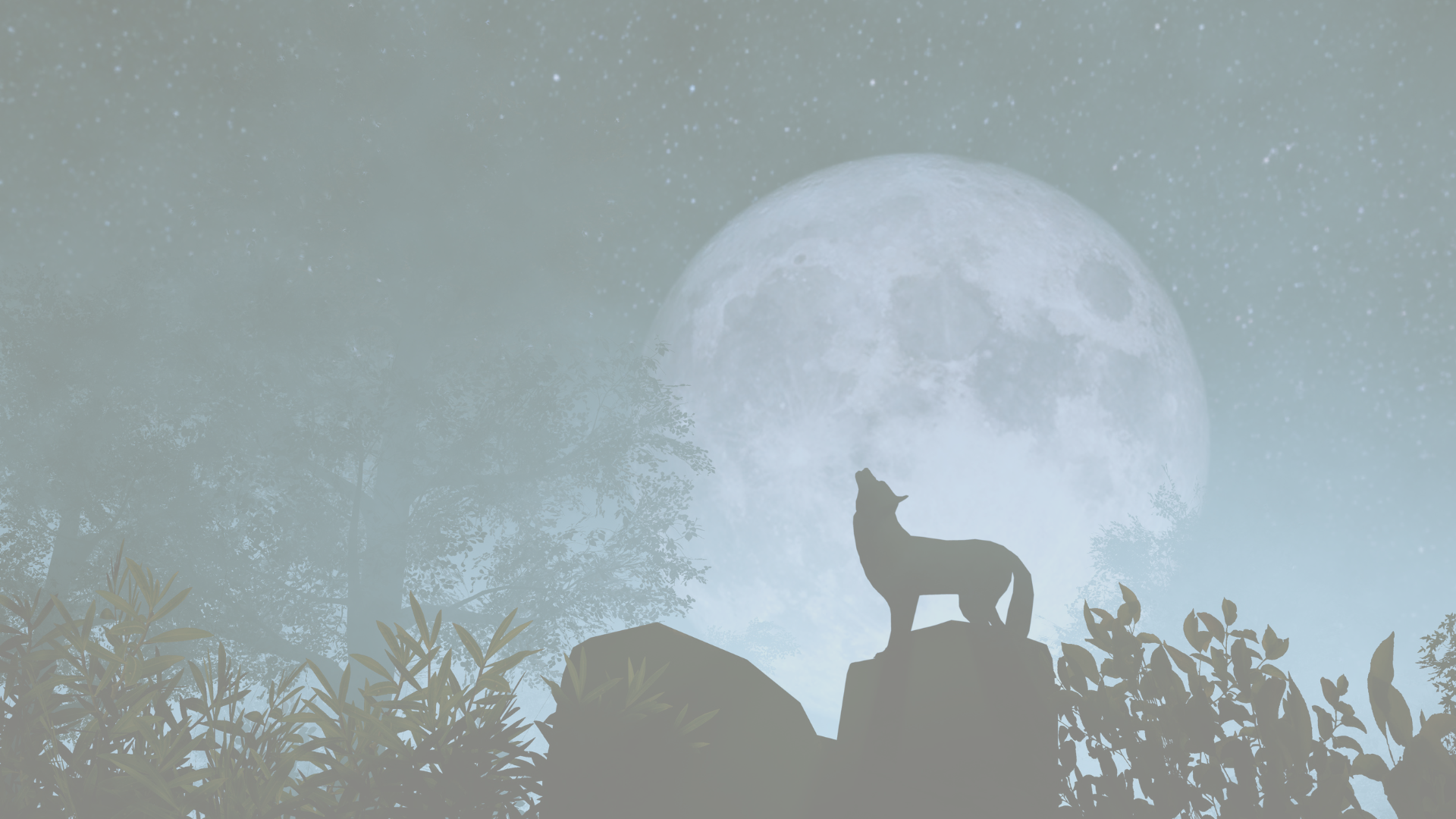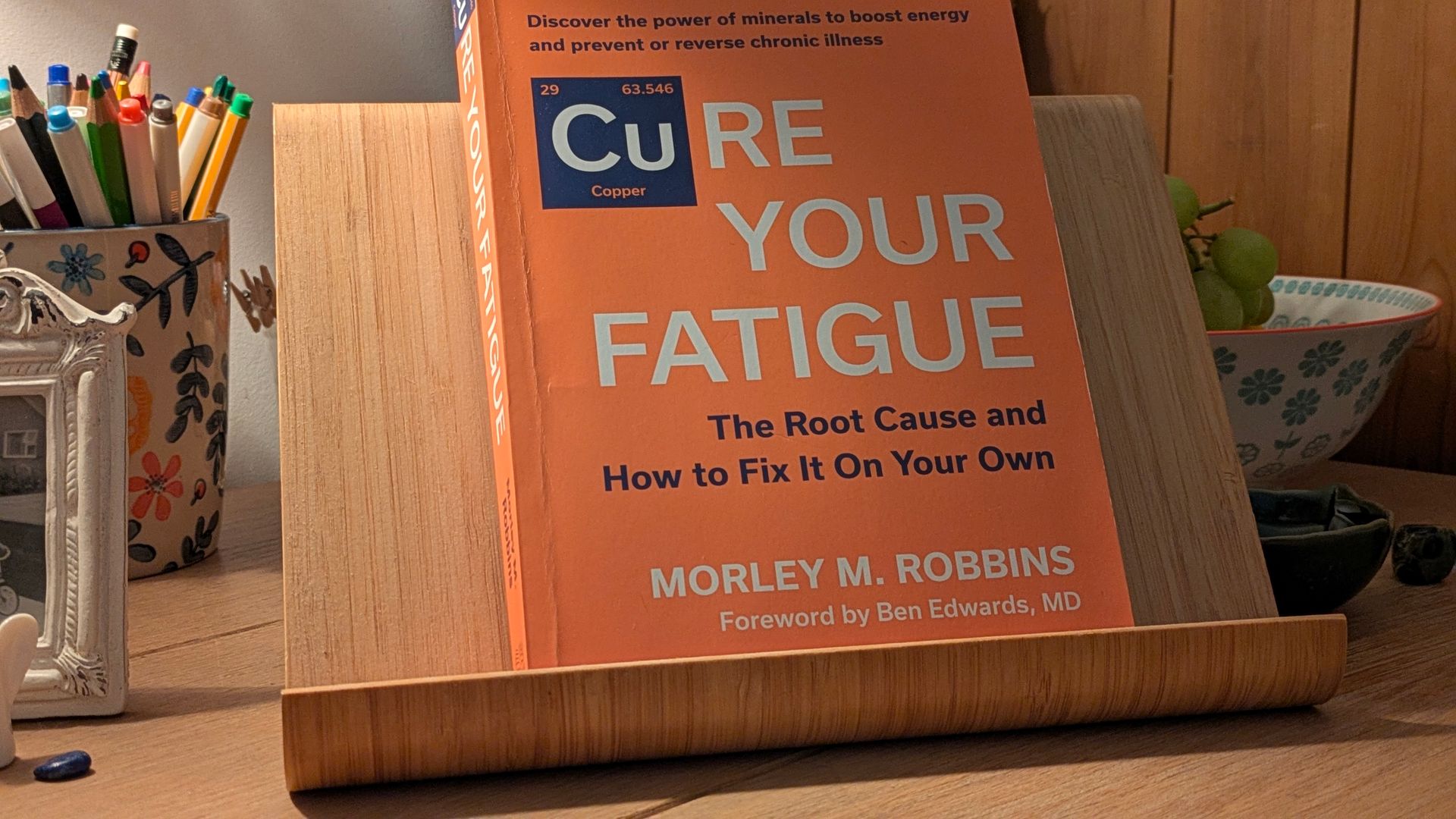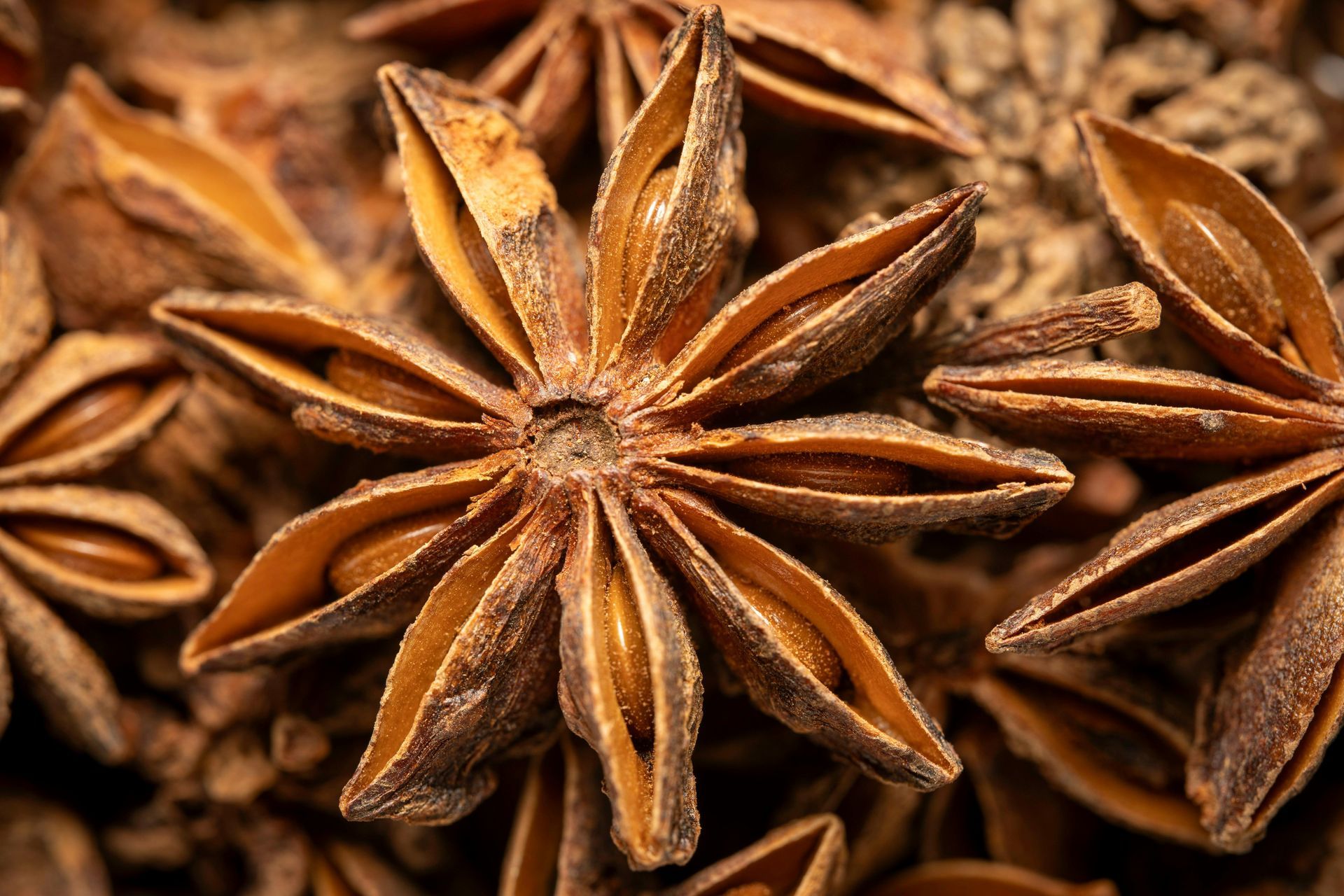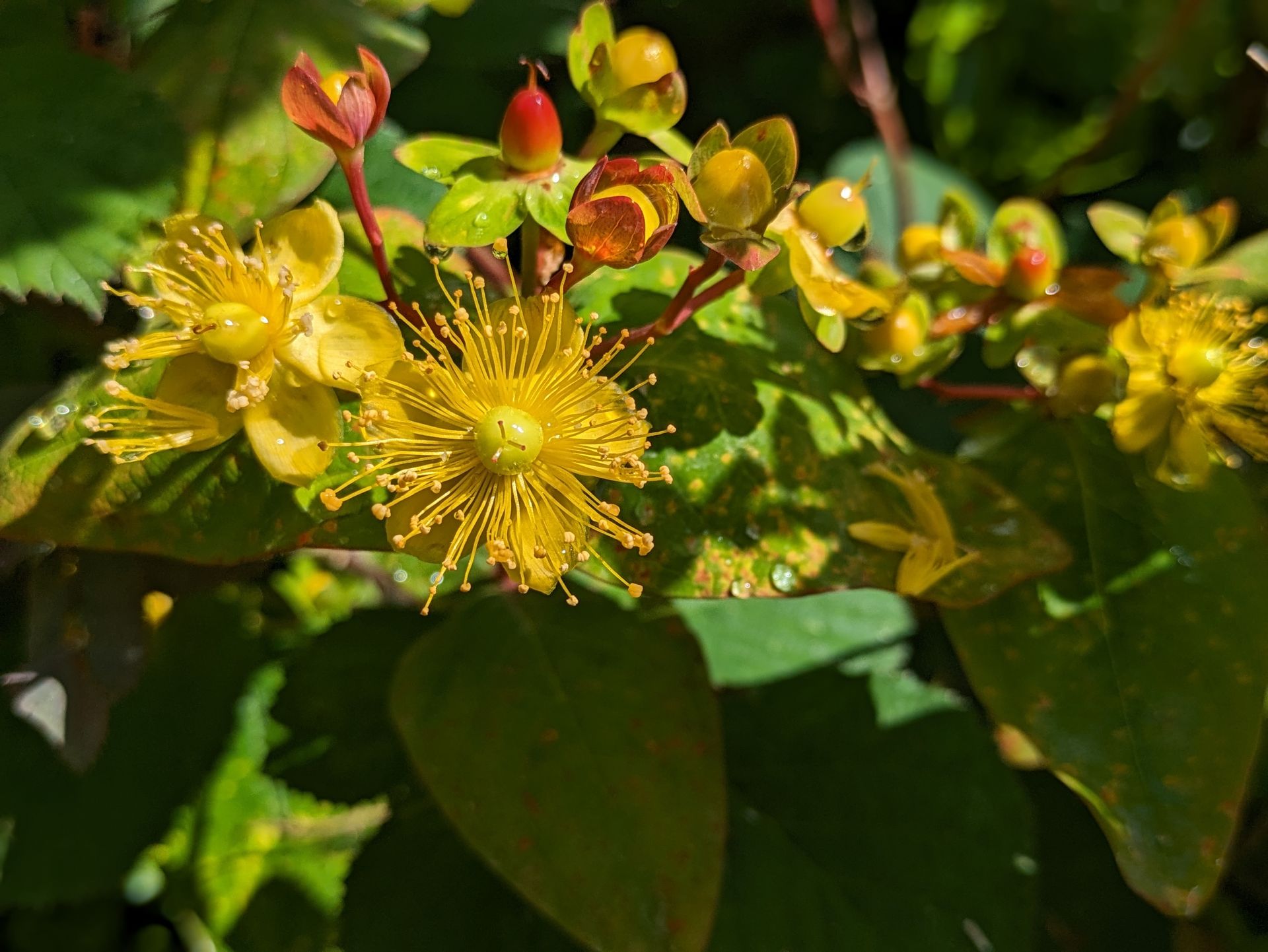The True Story of the Lord of the Flies
Debunking a work of fiction to replace it with a true story that speaks of the innate beauty and ingenuity of Human Nature
Over the years many of us have heard made-up stories that we may have known were not true, but may not have realised, altered our perception and understanding of ourselves and the world in some way. Spurious stories that make us question our self worth and innate goodness as spiritual and conscientious beings, are worth noting for their power of persuasion and ‘Lord of the Flies’ is no exception.
The 'best selling’ Lord of the Flies is a perfect example of the impervious influencing of human perceptions using fictional stories which are designed to make people believe untruths about themselves and the world we live in.
As cited by Rutger Bregman in his book: A Humankind: A Hopeful History, the entirely fictional story of Lord of the Flies is a case in point. This frighteningly inaccurate and influential book written by William Golding was published in 1954 and has since sold over 25 million copies in English alone.
Lord of the Flies features a group of British boys deserted on a desert island and paints a grim picture of their fate. The story relates how the boys descend into an abyss of feasting, frolicking and pig hunting in a progressively reckless and dangerous manner resulting in the death of three boys and the appointed 'golden boy' leader weeping for the end of innocence.
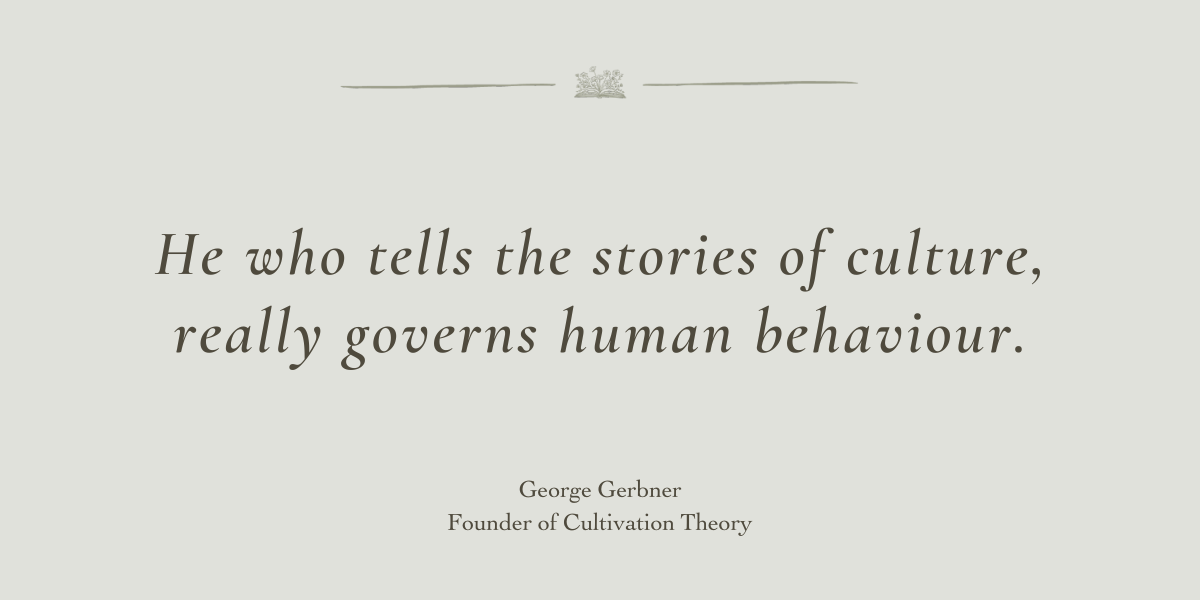
The true story
In Humankind, Rutger uncovers the background of the author who had a reputation for pitting pupils against each other and who considered pontificating about the nature of man to be a more urgent matter than actually meeting people.
With this in mind, Rutger wanted to know if there was a real story about boys being shipwrecked and left to their own devices on a deserted island. To his delight, he found such a story in a local Australian newspaper which was turned into a short documentary by Channel 7 in 1966 entitled Six Tonga Castaways in Ata Island.
It turns out that the contrast between the schoolmaster's fantasty fiction and the real story is quite remarkable.
I found a lovely article about the Tongan Castaways with other videos on Dessert Island Survival - Tonga castaways - The Real Lord of the Flies - where the author introduces the six boys Mano Totau, Sione Fataua, Stephen Fatai, Kolo Fekitoa, David Fifita, Luke Veikoso and says:
The stark differences between the Lord of the Flies narrative and the story of the six Tongan teenage boys true story highlighted a hopeful view of human nature. While the British boys in Golding’s tale descended into chaos, the six Tongan boys showcased unity, resilience, and humanity.
Escaping to Fiji
The real story starts in an Anglican boarding school in Nuku'alofa on the north coast of the island of Tongatapu which is the main island of Tonga in the country's southernmost island group. It involves 6 boys between the ages of thirteen and sixteen who longed for adventure and came up with a plan to escape to Fiji some 500 miles away in a 'borrowed' fishing boat.
Taking little time to prepare, the boys set sail with only a bag full of bananas, a few coconuts and a small gas burner. In a calm sea with a mild breeze they fell asleep, drifting an incredible 200 miles before being suddenly awakened by crashing waves.
They hoisted the sail which the wind tore to shreds and drifted for another 8 days before spying a small island in the distance.
Caring for each other
As the above article says: it was a situation that could have brought out the worst in Human Nature, however, the story of the Tongan Castaways is a remarkable tale of resilience, empathy and human decency. They didn’t just survive, they thrived, keeping their humanity intact.
- Caring for each other
- Dividing Labour
- Leadership Roles
- Emotional Support
- Respect for Life
- Creating a Sense of Home
- Conflict Resolution
- Adherence to Hygiene and Discipline
- Hope and Perseverance
Working as a team
During those eight days and nights without any food or water, the boys started working together as a team. They tried catching fish to no avail but managed to collect rainwater in hollowed-out coconut shells which they shared by each taking a sip in the morning and in the evening.
Having made a pact to never fall out with each other and to always remain friends, when they reached the island they established the following ground rules:
- Never let the fire go out
- Never wilfully cause an argument
- Impose 'time-out' on disagreements whereby each party is sent to opposite ends of the island until they are able to agree on differences and apologise to each other
- Always work in pairs
- Adhere to a strict roster of duties for the garden, kitchen and guard duty
- Come together to say their prayers and sing songs at the end of each day - accompanied by a guitar made out of driftwood, coconut shells and steel wire salvaged from their shipwrecked boat
In stark contrast to the make-believe tale of the Lord of the Flies where the boys came to blows over everything presented to them, what these young people achieved during the 15 months of their stay on a deserted and unihabitable island is truly heartwarming and inspiring.
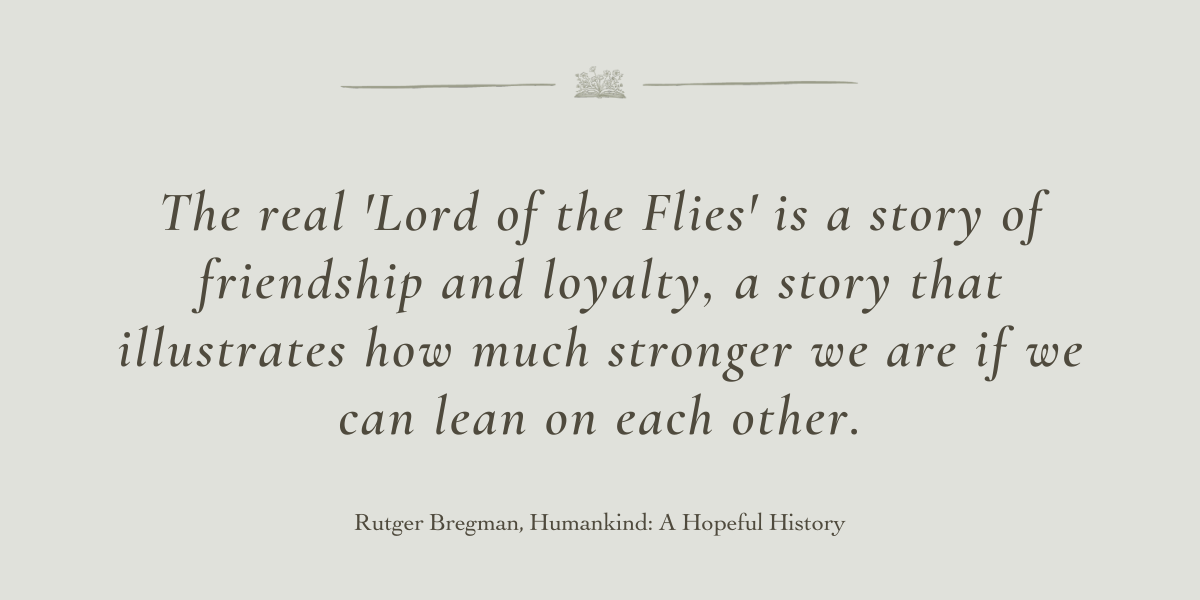
Creating a homestead
When the boys were finally rescued by an Australian Sea Captain, Peter Warner, on Sunday 11 September 1966, all the boys were in peak condition.
Not only had they survived a Summer without rain, a hand-made raft breaking on the surf, a tree falling on their hut in a severe storm and a broken leg set perfectly using sticks and leaves, the boys had built a small homestead which included:
- A well-stocked garden
- Hollowed out tree trunks collecting rainwater
- A gymnasium with various curious weights
- A badminton court with hand-made rackets
- Well-stocked chicken pens
- A permanent fire - tended from day one
All this with just an old knife, creative handiwork and much determination - clearly demonstrating the ingenuity, foresight and tenacity of the human spirit, the true essence of humankind.
Understanding the deception
The Lord of the Flies and it's worldwide promotion as a genuine exploration into the essence of human behaviour is a classic example of Vaneer Theory in action.
This concept was identified by primatologist and ethologist, Frans de Waal, in the early 2000's, in a bid to challenge scientists and popularisers who declared without any evidence that human morality and kindness is just a thin veneer over an otherwise nasty Human Nature.
The true version of the Lord of the Flies'tells an entirely different story about human nature and we all have our own to tell.
The irony is that Lord of the Flies was so widely read it became the unwitting originator for reality TV where candidates are led on, plied with alcohol and played against each other in the name of entertainment.
Over the years, it has been proven that people watching these shows become more aggressive and that children are being led to believe that cheating, competing and telling lies are the only ways to get ahead in life.

Bringing truth to light
This epic tale demonstrates just how much manipulation is required to bring out the worst in people and the effect this has on our collective consciousness.
Lionel Trilling, an influential critic of the book said the novel marked a mutation in culture and despite this fact, in 1983, the author received a Nobel Prize in Literature for his parables of the human condition. In fact, he was so revered in literary circles he was knighted in 1988 and in 2008, The Times newspaper ranked him third on its list of The 50 greatest British writers since 1945.
Meanwhile in the real world, according to the American Library Association in 2019, Lord of the Flies was listed as one of the top ten most frequently banned and challenged books in the nation. Taught in 9th-10th grade classes in schools, parents, school administrators and other critics have complained about the language and violence in the novel with bullying rampant throughout the book as one of the main plot lines.
Despite being referred to as a book promoting a pro-slavery ideology teaching the wrong message to children, all challenges over the years have been buffed by lawmakers upholding the first amendment. It brings to mind a quote by George Gerbner: He who tells the stories of culture really governs behaviour.
This we are gradually changing as we bring the truth to light, reminding us to be aware of such deceptions, to use our common sense and to always look for the good in people as this is the true essence of humankind.
Thank you for reading, have a wonderful day and I look forward to seeing you again soon!
Sue Cartwright
Spiral Leaf
Further reading
Humankind: A Hopeful History by Rutger Bregman - A Book Review by Sue Cartwright
Buy the book!
Click on the link below to purchase this heartwarming book from my affiliate bookshop. All books are sold by independent sellers and bookshops. Spiral Leaf may earn a small commission on purchases with no extra cost to you!
Thank you for sharing!
for you, for me and for Mother Nature
Latest Posts
All Posts


